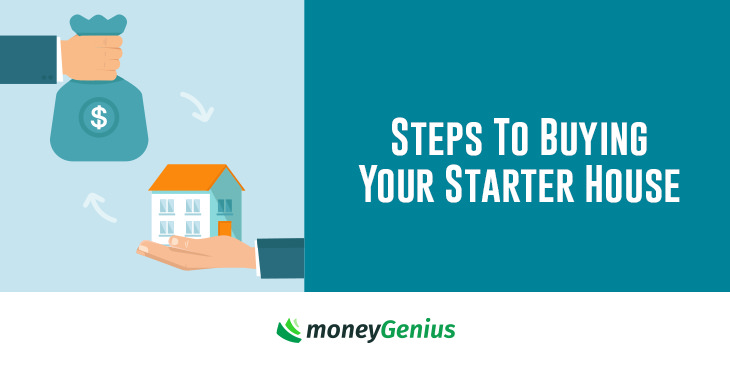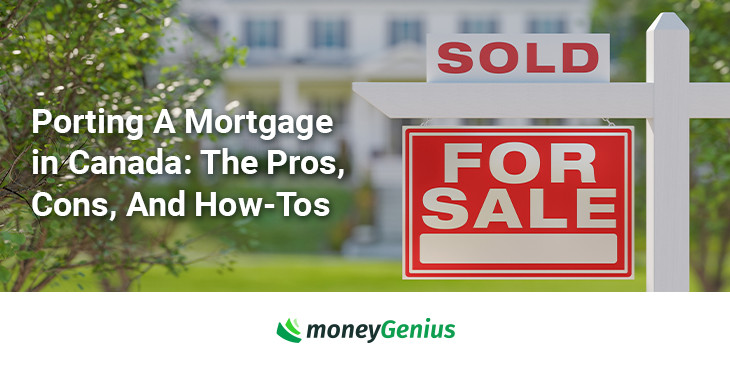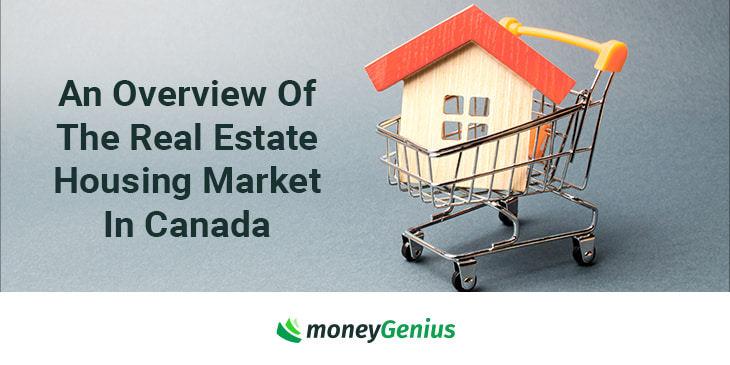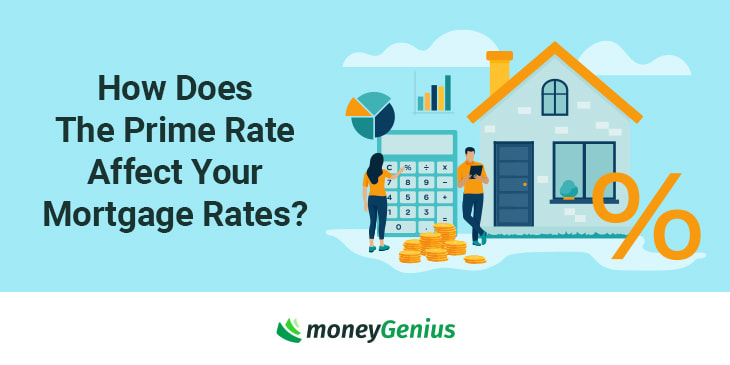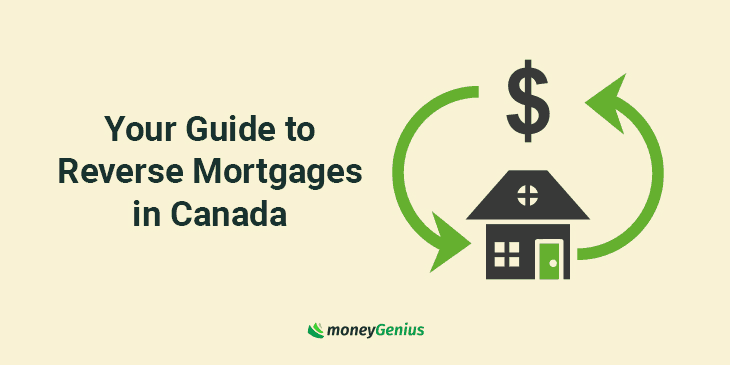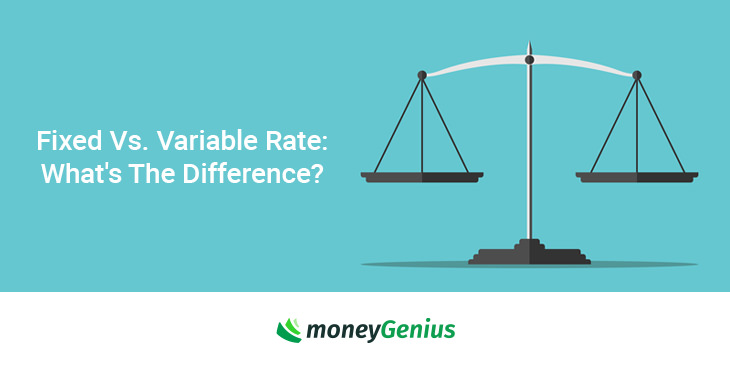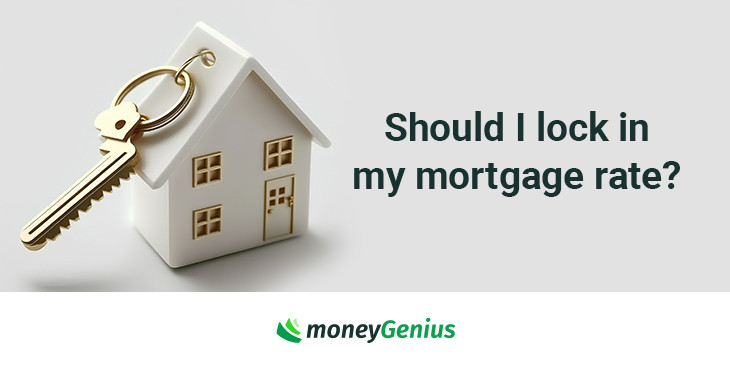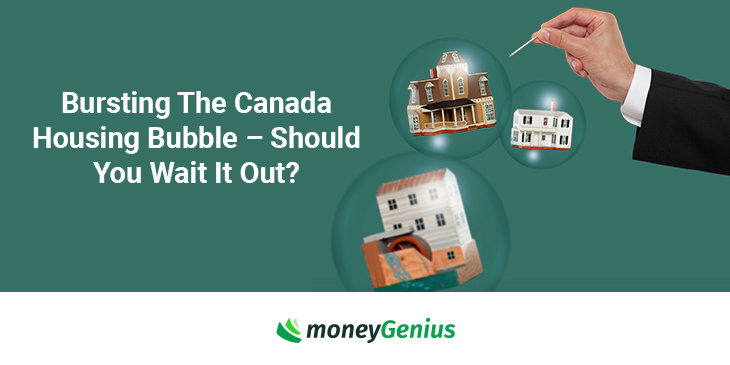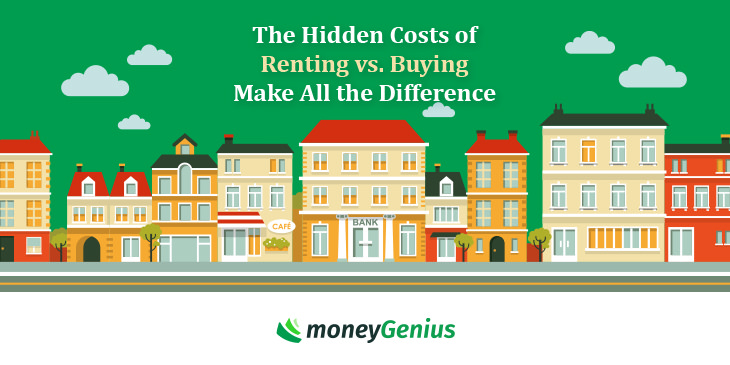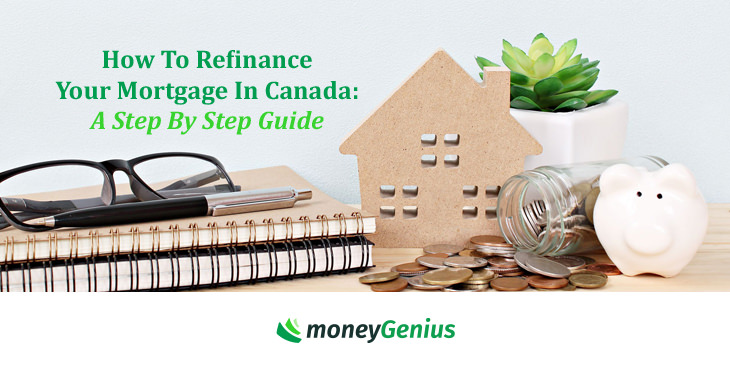In Canada, the mortgage market plays a crucial role in shaping the economy and the financial wellbeing of homeowners. With housing prices continuing to rise in many regions, understanding mortgages and mortgage rates has become more important than ever for potential homebuyers.
Mortgage rates, which are influenced by a variety of factors including the Bank of Canada’s policies, inflation, and economic growth, directly impact the affordability of home loans. This article will explore the key aspects of mortgages in Canada and the knowledge homeowners and prospective buyers should be equipped with in today’s market.
Mortgage terms you should know
If you're new to the world of mortgages, here are some terms you should know.
Buying your home vs. renewing vs. refinancing
There are three likely scenarios for why you're looking for a mortgage.
The first is that you're thinking about buying a home.
In this case, you'll need to get a brand-new mortgage. You'll also need to factor in your down payment, which is recommended to be at least 20% of the total value of your home. Once you consider that, you'll need to buy a mortgage for the remaining value.
You and your lender will decide on the total length of your mortgage or amortization period, which will be paid off over a certain term. Usually, mortgages are around 25 years, and terms can be between 6 months and 10 years.
In another scenario, you're renewing your mortgage. This means paying off your current mortgage but changing the terms.
Renewals usually happen towards the end of your term, but if you have an open mortgage you can renegotiate your terms at any point. People often have the choice to keep the same terms and continue paying off their original mortgage as they have been.
Finally, refinancing your mortgage involves switching out your current mortgage with a new one. Refinancing is an option typically used when homeowners want a better interest rate, but it can cost you some money, so you'll have to be careful.
Fixed rate mortgage vs. variable rate mortgage
There are two types of mortgage rates to choose from: fixed and variable.
Fixed-rate mortgages are exactly as described – you'll pay a set interest rate for the duration of your term and your payment amount will never change.
Banks offer many different term lengths, anywhere from 1 to 10 years. The rate varies with the term length – as the term length increases, so does the interest rate.
At the end of the term, you'll get a new mortgage and new interest rate. You can then choose a different term length if you like
With a variable-rate mortgage, the rate you pay will fluctuate with the prime rate in Canada. The rates are typically expressed as a set percentage plus or minus prime.
As an example, your agreement could be prime minus 0.5%. In this case, if the prime rate is 4.45%, your interest rate would be 3.95%. So, as the prime rate changes, so too will your payments, as they’ll vary alongside rising and falling interest rates.
The pros and cons of fixed and variable rate mortgages
Generally speaking, if you can handle a little risk, a variable-rate mortgage has the potential to save you plenty. However, if you want that stability in knowing your payments will never change, a fixed-rate mortgage is probably better for you too.
Fixed-rate mortgage
| Pros | Cons |
|---|---|
|
|
Variable-rate mortgage
| Pros | Cons |
|---|---|
|
|
Open vs. closed mortgages
Home buyers also have a choice between an open or closed-rate mortgage.
A closed mortgage is one where the initial loan agreement remains in place for the entirety of the term. Therefore, you'll have to keep paying the agreed-upon amount, although mortgage prepayments are often allowed (up to a certain amount per year).
On the other hand, an open mortgage allows you to pay off as much as you want, as long as you meet minimum payment requirements.
The pros and cons of open and closed mortgages
Taking out a short-term closed-rate mortgage is a popular strategy. This way, you can change your loan agreements as your personal finances and circumstances change.
Another option is to go with a convertible mortgage, which is a short-term mortgage (usually 6 months) that lets you convert to a longer-term at any point. Then you can take advantage of lower interest rates as they become available.
Open-rate mortgage
| Pros | Cons |
|---|---|
|
|
Closed-rate mortgage
| Pros | Cons |
|---|---|
|
|
Mortgage calculator
Want to know how much your monthly mortgage payment would be, based on the terms you're looking at?
Check out our easy-to-use mortgage calculator right here:
Mortgage Information
What is a home equity line of credit?
A home equity line of credit, or HELOC, is a revolving line of credit secured by the equity in your home.
That means you're given a certain amount of credit that you can access at any time. You decide how much you take out from the line of credit, as well as when and how much to repay.
The best part is that you only have to pay interest on the amount you take out.
Because a HELOC is secured against your home's equity, you'll get lower interest rates than you would with an unsecured line of credit. Of course, this also means you risk losing your home if you can't make your payments.
The pros and cons of a HELOC
If you're on the fence about getting a home equity line of credit, here's a list of the pros and cons to help summarize both sides of the argument.
| Pros | Cons |
|---|---|
|
|
Featured mortgage
Tangerine has been consistently offering impressive mortgage rates for as long as we've known about them.
- 5 year: 4.79%
You may be thinking about shopping around for a mortgage. Tangerine offers a small array of mortgages for Canadians, including the Tangerine variable rate mortgage.
- Low interest rates
- Flexible prepayment options
- Portable mortgage
- Only 1 type of variable mortgage available
- Variable rates are…variable
- No promotions or other incentives
- Tangerine is an online-only bank
- Canadian resident or applied resident status
- Minimum credit score of 620 with no prior bankruptcies
- At least 3 months of full-time employment
- Get a dedicated account manager once approved
- Can move to a new home penalty free
Featured mortgage brokers
Mortgage brokers make shopping around much more convenient, especially those brokers that are 100% digital. They allow you to get the best deal possible without even leaving your couch.
Compare rates with Homewise and their experienced mortgage advisors. They'll work with you to find solutions that line up with your life.
You want the best mortgage in Canada – and Homewise makes it easy to find. Easily compare over 30 lenders with a simple 5 minute application (and no credit check required).
- Get $250 GeniusCash when you fund your mortgage
- Easy online application process
- Faster responses than traditional banks and lenders
- Get the best mortgage for you from over 30 different lenders
- Works for new mortgages, refinancing, or switching lenders
- Top of the line support with a human touch
- Application process requires a LOT of personal information
- No face to face support available
- A credit check is required when you apply for a mortgage
- Canadian citizen or resident of Canada
 $250 GeniusCash + Get the best mortgage rate with your personal advisor + Easily close online.
$250 GeniusCash + Get the best mortgage rate with your personal advisor + Easily close online.- Personal advisor will help you get approved
- Can help people who are self-employed or have bad credit find mortgages
- Works with the Habitat for Humanity charitable organization
Editorial Disclaimer: The content here reflects the author's opinion alone, and is not endorsed or sponsored by a bank, credit card issuer, rewards program or other entity. For complete and updated product information please visit the product issuer's website.
FAQ
What does renewing my mortgage mean?
Mortgage renewal happens when your term (a chunk of your amortization period) ends, typically every 5 years or so. While it is a required step, renewing means you can change your interest rate, payment terms, and even your mortgage lender.
What does refinancing my mortgage mean?
Refinancing your mortgage is like switching out your current mortgage for a new one. Though refinancing can help you to secure lower interest rates and/or make other major changes, this often incurs extra charges and shouldn't be taken lightly.
Which is better: variable vs. fixed-rate mortgages?
If you value consistency and/or have a tight budget, a fixed-rate mortgage is likely your best choice. But if you want lower rates and are okay with a bit more risk, a variable-rate mortgage can be a valuable choice.
What's the difference between an open and closed mortgage?
A closed mortgage means the original payment details stay in place for the entire term, so you're unable to make extra payments. An open mortgage offers more flexibility for prepayments but usually has higher rates in return.
Is it better to get a mortgage from my bank or a broker?
With easy access to many lenders and the ability to compare multiple offers at once, mortgage brokers offer excellent value. If you already work closely with your bank, though, they can offer bundle discounts and other benefits.
What is a down payment?
A down payment is a sum of money that a buyer pays upfront when purchasing a home. It usually represents a certain percentage of the total purchase price and reduces the overall amount you owe to the lender.
Do I need to put down a 20% down payment?
Though you don't need to put a 20% down payment on your home, it's highly recommended and often a preference from lenders. If you put less than 20% down on your home, you'll need to take on mortgage insurance.
What is a pre-approved mortgage?
This isn't a type of mortgage but rather a guaranteed interest rate from a specific lender. It means that, based on certain criteria, you've been approved to borrow a mortgage loan of a certain amount at a certain rate.
What's a mortgage stress test?
A mortgage stress test checks to see if you can still make payments if the interest rates rose significantly. This reassures your lender that you'll be able to make your payments even in these extreme circumstances.
What is a HELOC?
A HELOC is a loan that's secured against the value of your home. It provides you with revolving credit and the interest rates are usually lower than other loan options, but there is a risk that you could lose your home.
What are the closing costs?
These are the fees and other costs associated with finalizing your mortgage agreement and taking possession of your new home. Home inspections, appraisals, lawyer's fees, and property transfer taxes are a few things that fall into this category.
More mortgage products
Want to see more top mortgage products in Canada? Check them out here:








